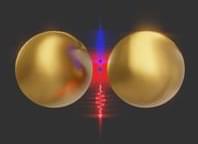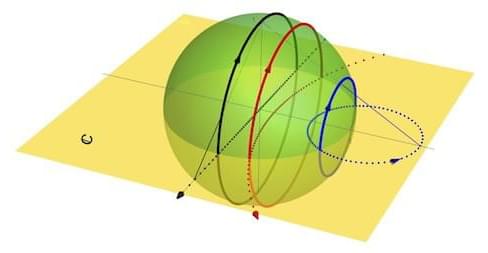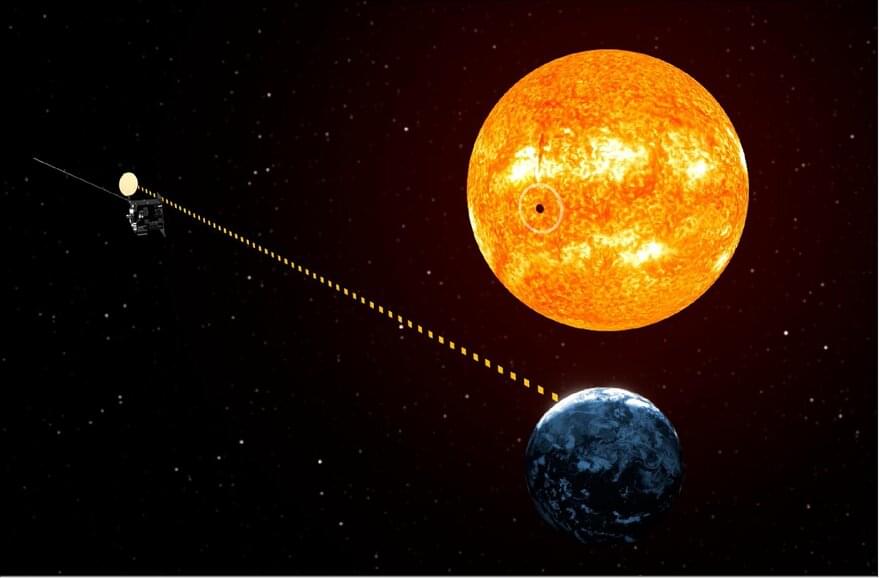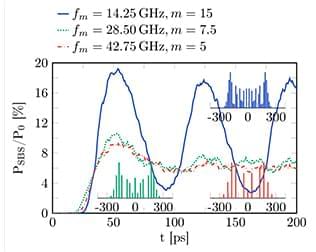Global decision-makers and the world’s leading financial body predict that artificial intelligence will result in dramatic job losses in 2024 and beyond.
During the annual meeting of the World Economic Forum in Davos, Switzerland, a survey of CEOs revealed that a quarter intend to cut their headcounts by at least five percent “due to generative AI,” per a press release from PwC, the firm that conducted it.
Translation: 25 percent of CEOs are aiming to replace human workers with AI because they think it’ll be cheaper. Vive la future!









